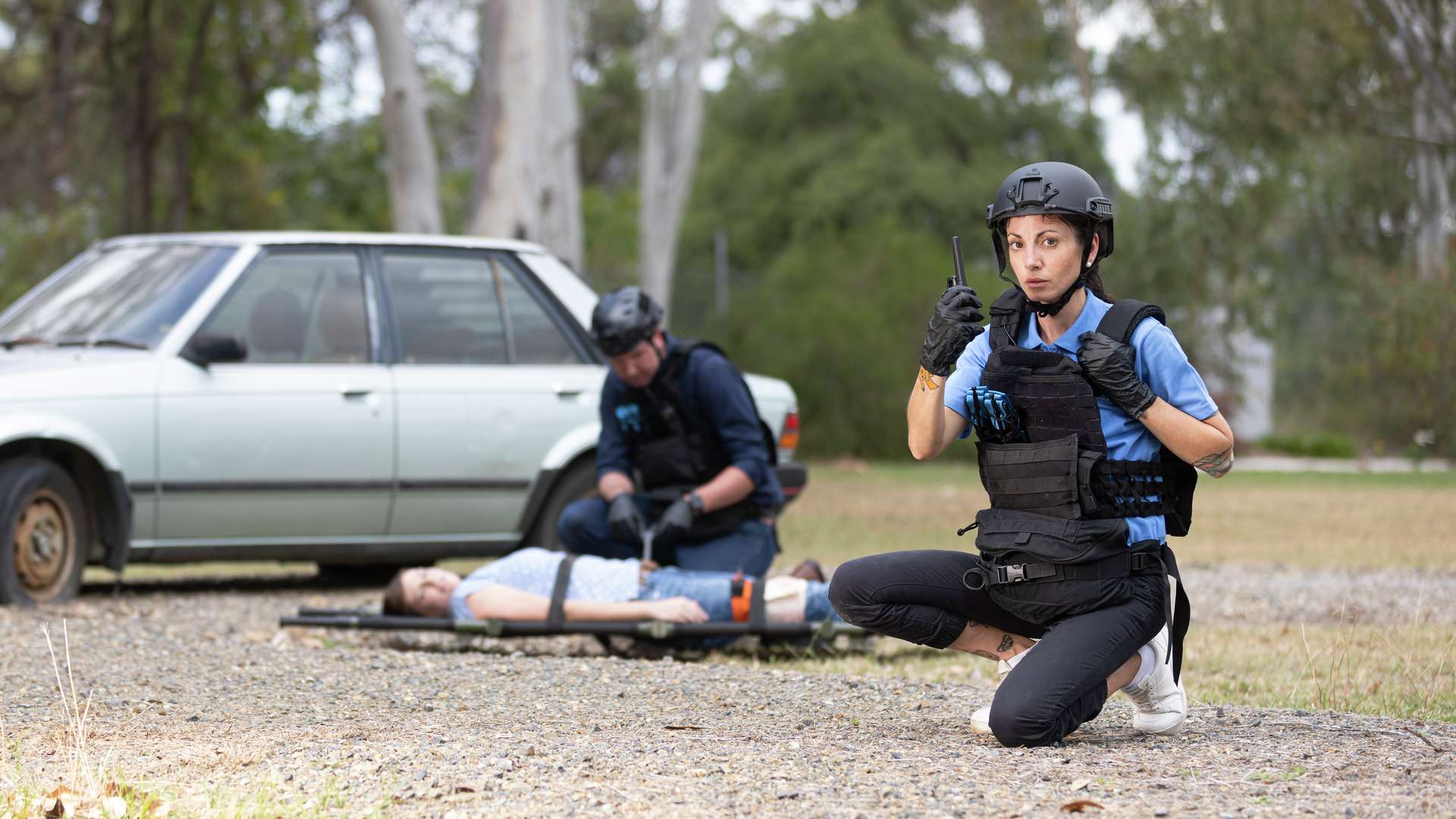Graduate Diploma of Counter-Terrorism and Operational Medicine
Duration
1 year full-time, 2 years part-time
Location
Online
Next start term
Term 1, 2026
Study mode
Online
Course code
CL70
First-year fee
$28,992 (Indicative) (FFP)

Overview
Structure & Availability
Requirements
Fees & Scholarships
Please Select
